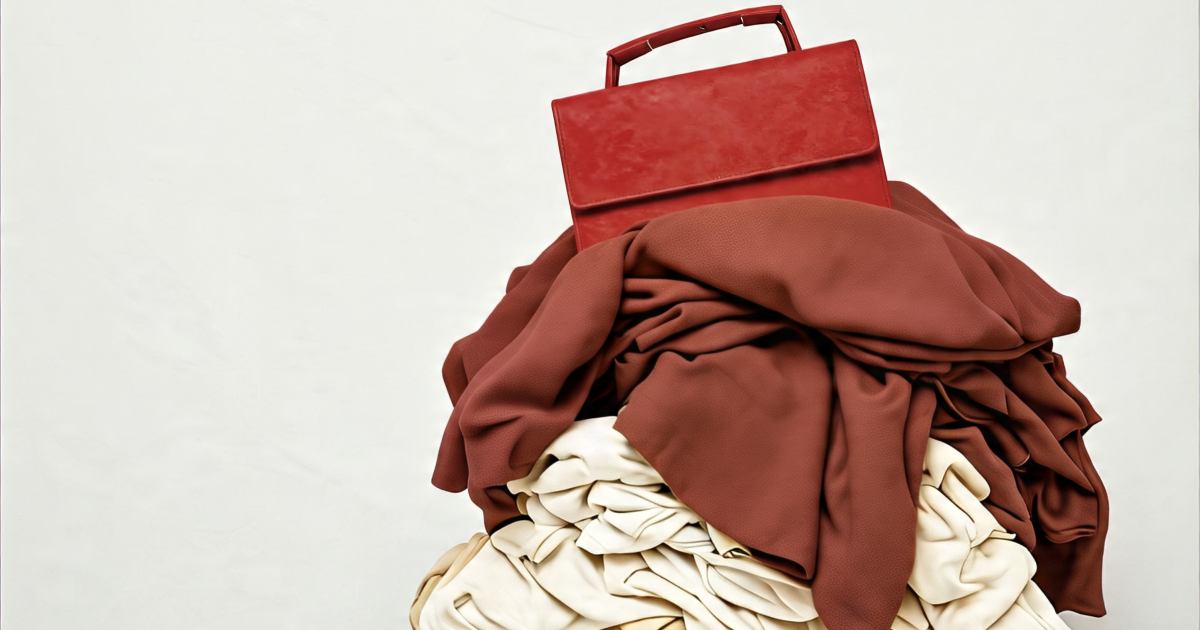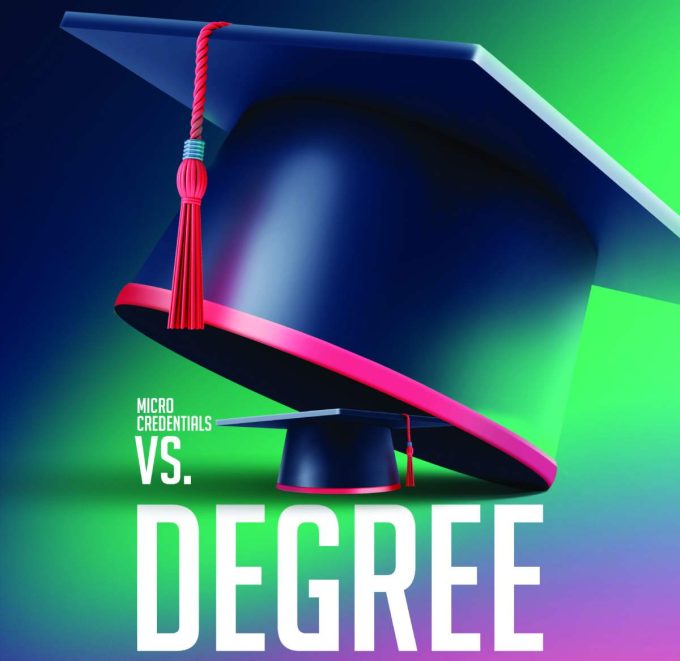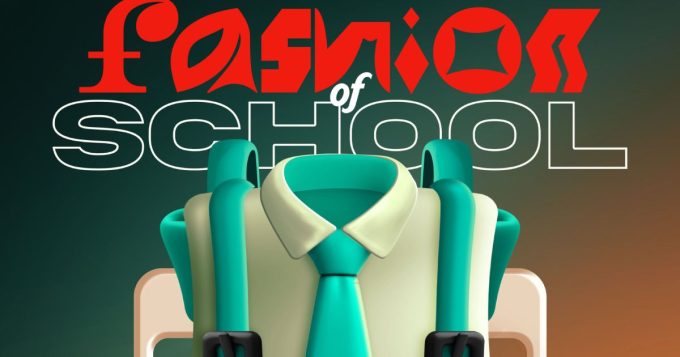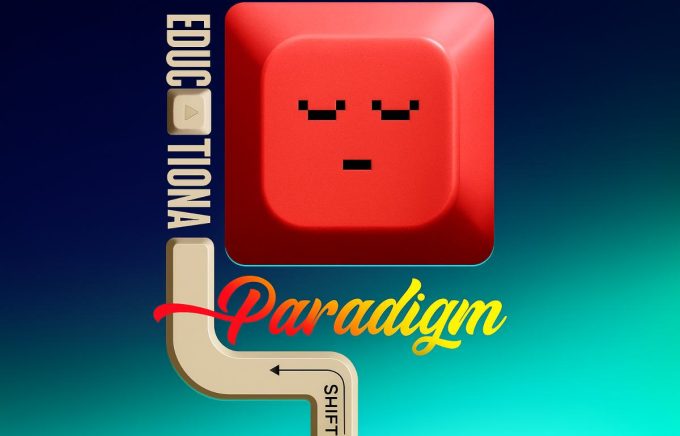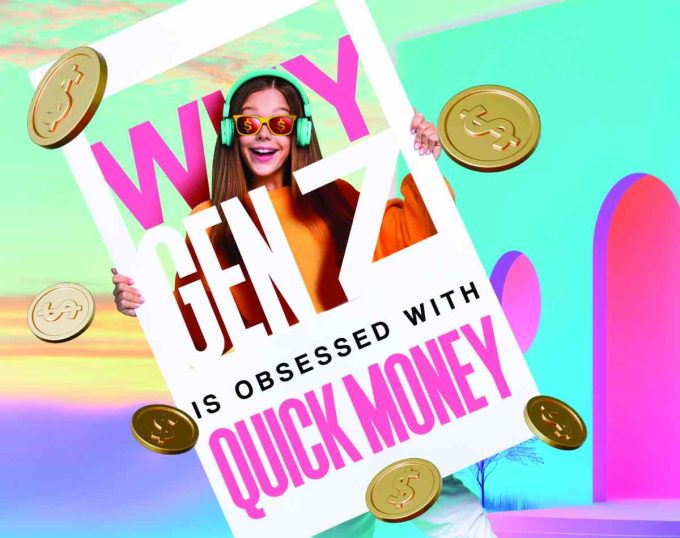We used to buy things because we needed them. Now we buy because we’re bored, burnt out, or just trying to feel something. Shopping isn’t just a habit anymore, it’s a coping mechanism, a lifestyle, and increasingly, an aesthetic. We aren’t human anymore, we’re just consumers.
Under late-stage capitalism, consumerism has become so normalised that we barely question it. It’s become the primary way people express who they are, or who they want to be. Your Amazon cart, your skincare shelf, your outfit of the day, they’re all part of a curated identity. Shopping is no longer a side activity; it is the activity.
And we’ve gotten really good at it. The average person sees 4,000 to 10,000 ads per day. The global fast fashion market is expected to hit $185 billion by 2027, fuelled by social media trends and a collective fear of being seen in the same outfit twice. People now buy 60% more clothes than they did 15 years ago, but keep them half as long. This results in landfills overflowing with discarded clothing, microplastics in our oceans, and a planet gasping for breath under the weight of our endless hauls.
But this isn’t just about fashion. It’s about the bigger shift, where capitalism doesn’t just drive our economy, it drives our emotions. We’ve learned to treat shopping as self-care, as productivity, even as purpose. Had a bad day? Buy something, treat yourself. Feeling anxious? Add to cart. Burnt out? There’s a candle for that. We’re taught that if we just find the right product, the right serum, the right planner, we’ll finally feel okay.
Women, especially, bear the brunt of this pressure. We’re told we need 25 skincare products, 15 hair products, 50 makeup items, and a new outfit for every event. Not because we want to but because we’re made to believe we’re somehow incomplete without them. That buying this product will change your life! It will transform it. The beauty industry thrives on this insecurity, pumping out new launches faster than we can finish the last ones, while marketing it all as “empowerment.”
Read More: https://synergyzer.com/the-fine-line-between-prejuvenation-and-perfection/
At some point in my life, I felt like if I didn’t own a pair of flats from Hermes, my life would be over, I needed them so bad that my life would be unsatisfactory without them. But the irony is that none of it makes us feel better for long. The dopamine hit of a new package is fleeting. The joy of a haul fades once the tags are off. And then we’re back where we started, anxious, overworked, and now surrounded by more things we don’t need.
This is the trap of aesthetic capitalism: it convinces us that buying is being. The more we buy, the more we become. Become what? Become this idealised version of yourselves that we have envisioned or someone that we look upto. That if we just look like we’re healing, growing, thriving, then maybe we are. But most of the time, we’re just decorating the crisis. We’re not solving anything, just layering it in soft lighting and wrapping it in bubble wrap.
Even rebellion is monetised now. You can “de-influence” while still influencing. You can critique overconsumption while showing off your colour-coded skincare fridge. Slowing down, opting out, “living simply”, all of it has become content. And content, inevitably, sells.
We joke about it: “Retail therapy is cheaper than real therapy.” But what happens when the retail doesn’t heal? When the packages arrive, and you still feel hollow? When your room is full but your mind isn’t quiet?
This is more than a personal issue; it’s systemic. Capitalism thrives when we feel just a little bit broken, just a little bit behind, just a little bit ugly. It feeds on that gap between who we are and who we’re told we should be. And it sells us the illusion that buying more will close that gap.
But the truth is, it never does. The gap stays. The waste piles up. And we keep scrolling, keep spending, keep searching for a version of ourselves that lives in the next delivery.
We aren’t shopping for joy anymore. We’re shopping for relief. And the system wins either way.

